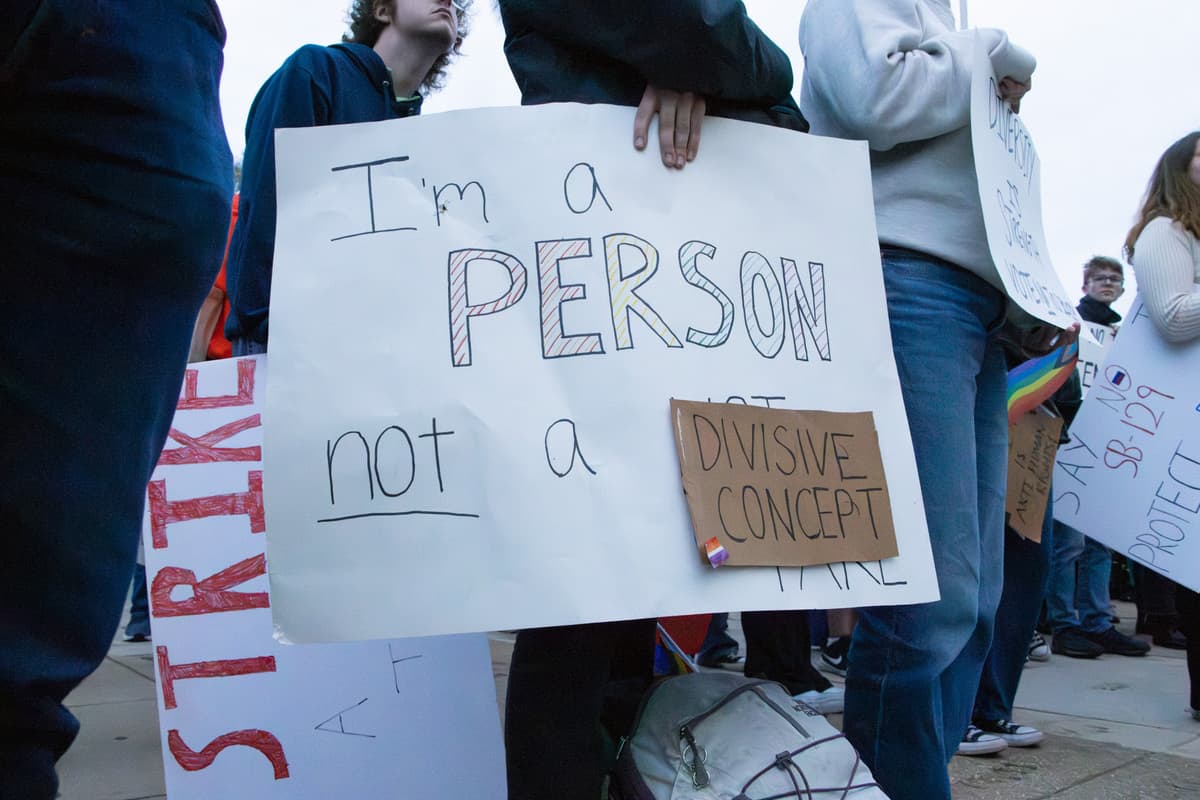As I was sitting in a classroom in Edinburgh, Scotland, my class began to discuss the issue of race in literature. When asked whether racial issues are still relevant today, a Scottish classmate replied, “I don’t really feel as though race is still an issue in today’s world.”
I immediately thought to myself, “Really? You think that?”
How nice to live in a world where your genetic makeup doesn’t affect the way you are treated. How nice to live in a world where one of the few aspects of your body that you have absolutely no control over doesn’t affect what kind of job you get, what kind of friends you have, what kind of hardships you face.
Maybe my imagination fails me, but I refuse to believe that world exists. Call me pessimistic or single-minded or cynical, but I can’t even begin to envision this world, and I’m supposed to be living in it?
I admit that my Southern upbringing has something to do with my criticism of the idea of a prejudice-free world. Alabama has a murky racial past, from Martin Luther King Jr.’s “Letters from the Birmingham Jail” to Rosa Park’s legendary bus ride in Montgomery, Ala., and the Selma to Montgomery March.
Although the condition of racism has dramatically improved in Alabama, I would argue that the state is still decades behind the rest of the country and even many parts of the world.
Sure, schools are now integrated and no one has to drink out of their properly designated water fountains, but I challenge you to find someone south of the Mason-Dixon Line that doesn’t think twice before bringing up racial issues in public. It’s just not talked about. But it’s time that it should be.
The University of Alabama has accomplished much over its short history. Founded in 1831 with only 52 enrolled students, the University has swelled to over 30,000 strong and still growing. Furthermore, the 2012 freshman class broke records as 239 of its 6,397 students were National Merit Scholars, a 32 percent rise since 2011.
(See also “Service event brings students into community”)
With this great of a number of intelligent, progressive minds, you would think the University is leading the state out of the depths of its history of racism and into the light of acceptance and equality. But you’d be wrong.
Surprisingly, the University that is led by so many great minds is still shackled by the ideals that led the state of Alabama to embarrassment in the 1960s. Fraternities and sororities are still segregated, masking themselves behind the inconspicuous and unquestioned excuse of tradition, and racism is only a conversation that comes up as an anonymous graffitied statement on campus property.
I will admit that racism encompasses more than just the black-white dichotomy existent in the South. However, traveling to other regions in the world make me realize that maybe my Scottish classmate has a point.
In the broad spectrum of the world, racial issues are being pushed aside and labeled “No Longer Popular.” In large, bustling cities, race is not even recognized. Instead, these seemingly insignificant controversies are being replaced by more pertinent problems, and it’s time for Alabama to do the same.
This conversation shouldn’t come in waves. It should be enduring until our tradition-bound minds bend to its strength.
Mazie Bryant is a junior majoring in journalism. Her column runs biweekly on Thursdays.
Leading in today’s Crimson White:
[Opinion] Truth, integrity essential in the pursuit of societal greatness
[Opinion] Students are the real bosses of the Student Government Association
Crimson Tide gymnastics team falls to Georgia








